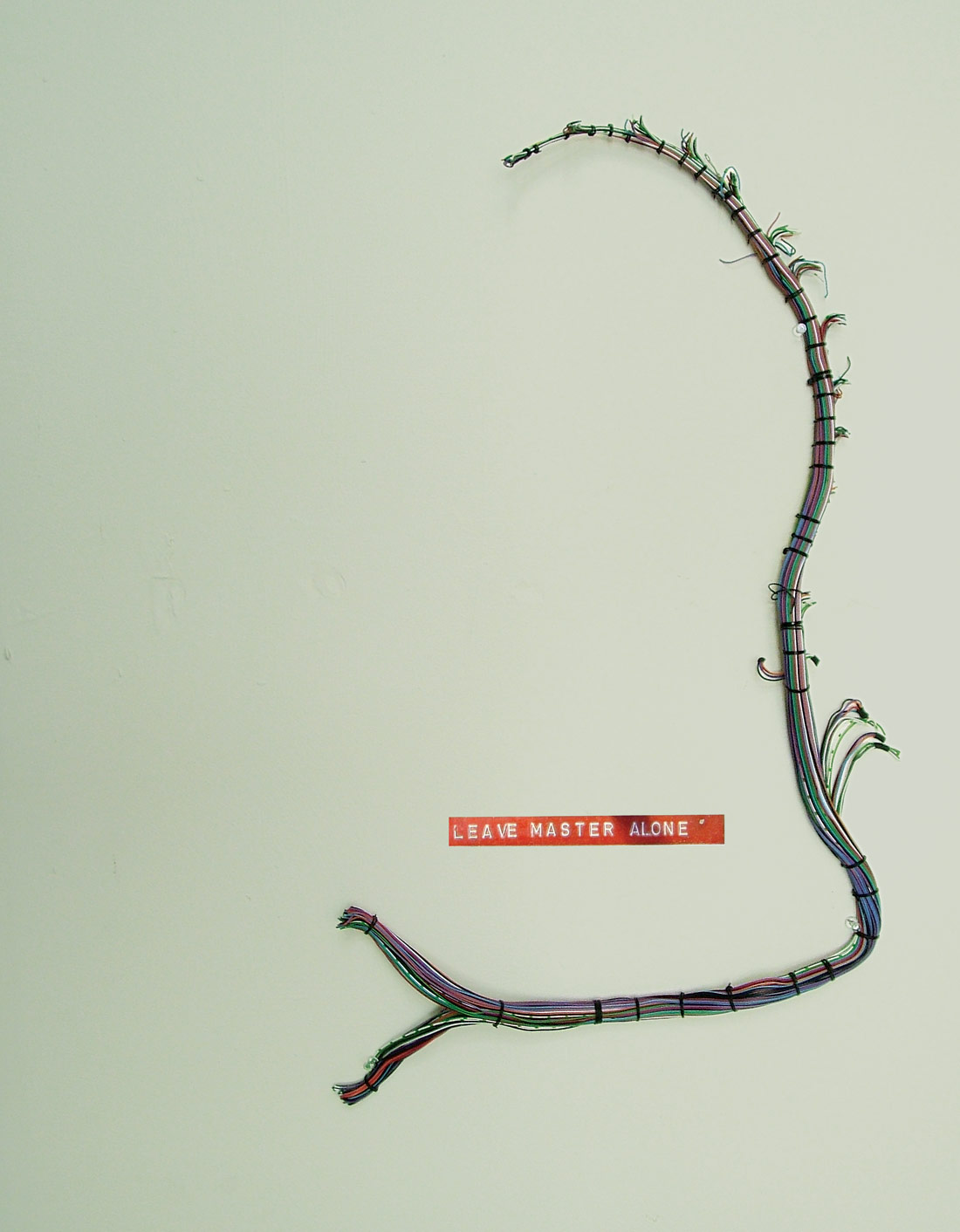We live in the era of technology democratization. As musicians, we now have affordable access to nearly any bit of technology you find useful. Powerful DAWs and plug-ins, exotic microphones, amp modeling technology and peer-to-peer networking are all within our reach — everything you need to write, produce and market a piece of music.
In the recording world, money used to mean more. Access to world-class technology was expensive, and marketing and distribution could only be handled effectively via an established record label. Professional studios and major labels basically held the keys for producing and promoting a great-sounding recording. Since the cost was prohibitive, fewer people could make these recordings, and those albums stood out. Now there are few differences between the capabilities of the DAW in your home studio and the one at a famous studio in Los Angeles or New York. This leveling of the technology playing field is nothing short of a revolution for recording musicians. It gives you unlimited freedom to capture your creativity, try as many different versions of a guitar solo or vocal line as you wish, even splicing together many takes at will — all performed with non-destructive editing. Given the creativity, time and technical chops, you can do whatever you imagine in a home studio. But all of these possibilities create a new challenge: If everyone has equal access to all this technology, how do you separate yourself from the herd of other musicians with the same equipment trying to get to the same place?
The answer is simple: specialization. The technology that's been democratized only captures, stores and manipulates sound. Making a great recording still involves expertise from people to edit, mix and master that sound. This is a fundamental disconnect that has led to a lot of great equipment being used to produce amateur-quality recordings. It's very similar to what's happened in the world of photography — it takes a lot
more than a digital camera and Adobe Photoshop to produce a picture like one of Ansel Adams'. To put it another way, the equipment wasn't all one was paying for when they went to a professional studio. When you read ads that state, "record, mix and master all in one program," they sound exciting, but what they're claiming is not really possible in the professional sense. It's the specialized skills of experts that create a focused and well-rounded recording. Elements like experience, judgment and an understanding of acoustics play a huge part in the audio production process... not to mention some very expensive gear that can reveal what's been recorded accurately. I always tell people, "Find me one album on the Billboard charts that was recorded, mixed and mastered by the same person, in the same facility, and I'll buy you lunch." I still have my lunch money.
This point isn't meant to dissuade people from making home recordings, but rather to clarify what's really required to make a professional recording from a project studio. In fact, many amazing musicians have recorded world-class albums in home studios. A short list includes artists like The Shins, Foo Fighters, Nine Inch Nails and Moby. These artists are proof that creating a great-sounding recording doesn't mean having access to technology no one else does. It means leveraging that technology in the most effective way possible by enlisting specialists at every stage of the process. Your home recording can sound as good as anything out there if you write great material, and realize which steps can be done on your own and which ones require outside expertise.
Paul Abbott is a professional mastering engineer and one half of the audio production team Iconic Audio. www.iconicaudio.net

